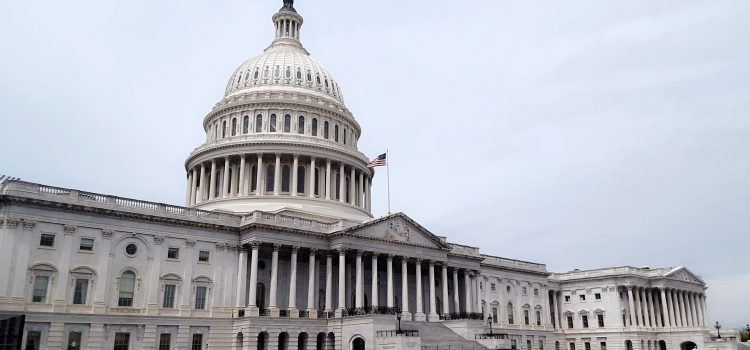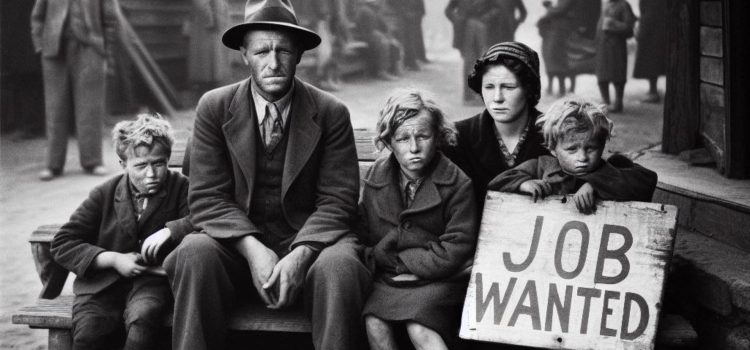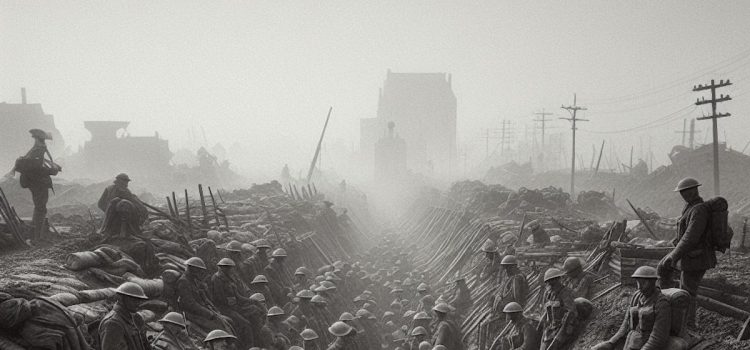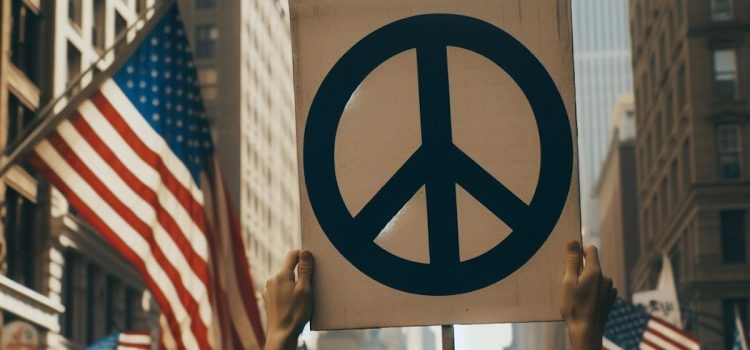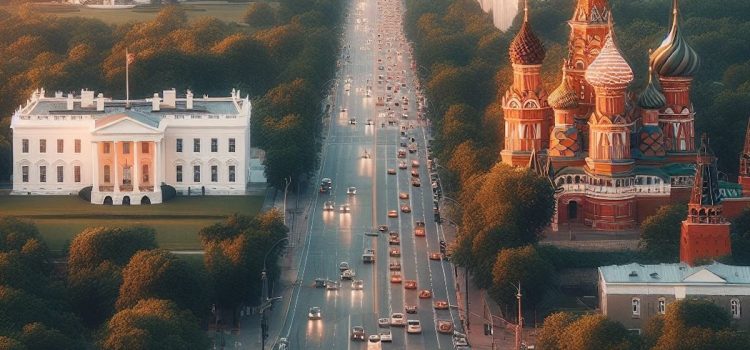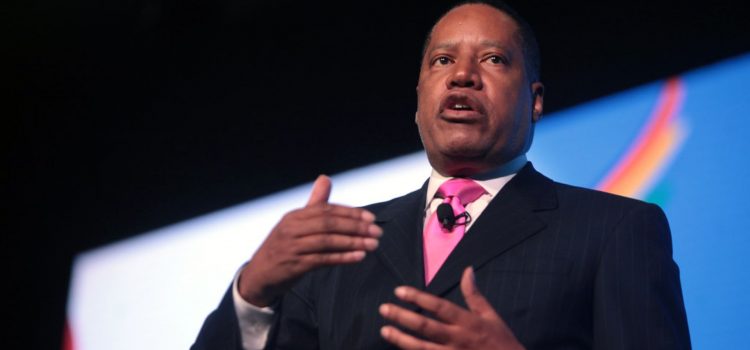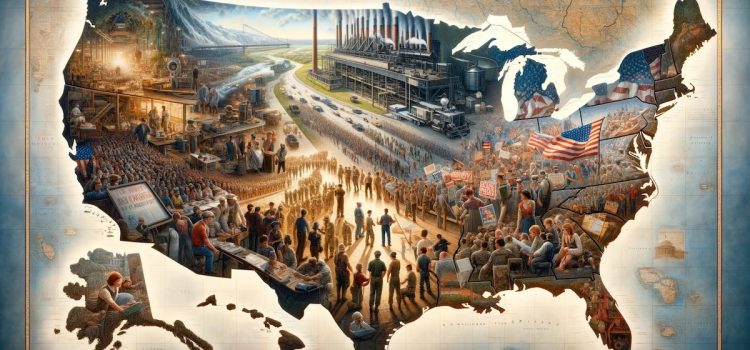How is Congress going to avoid a government shutdown? What are the consequences of a shutdown if it does happen? To avoid a government shutdown, Congress is working on bipartisan funding bills to keep services running and federal employees paid. However, some critics argue that these temporary funding bills are insufficient for addressing the greater issue of overspending. Read this summary of a snippet from NPR News Now on the potential shutdown.
How Congress Is Working to Avoid a Government Shutdown
